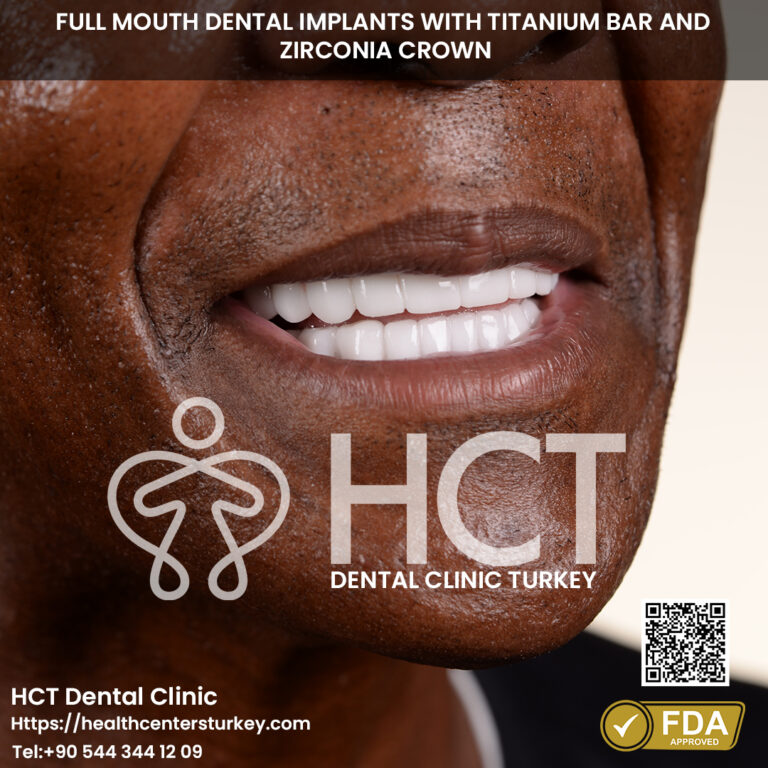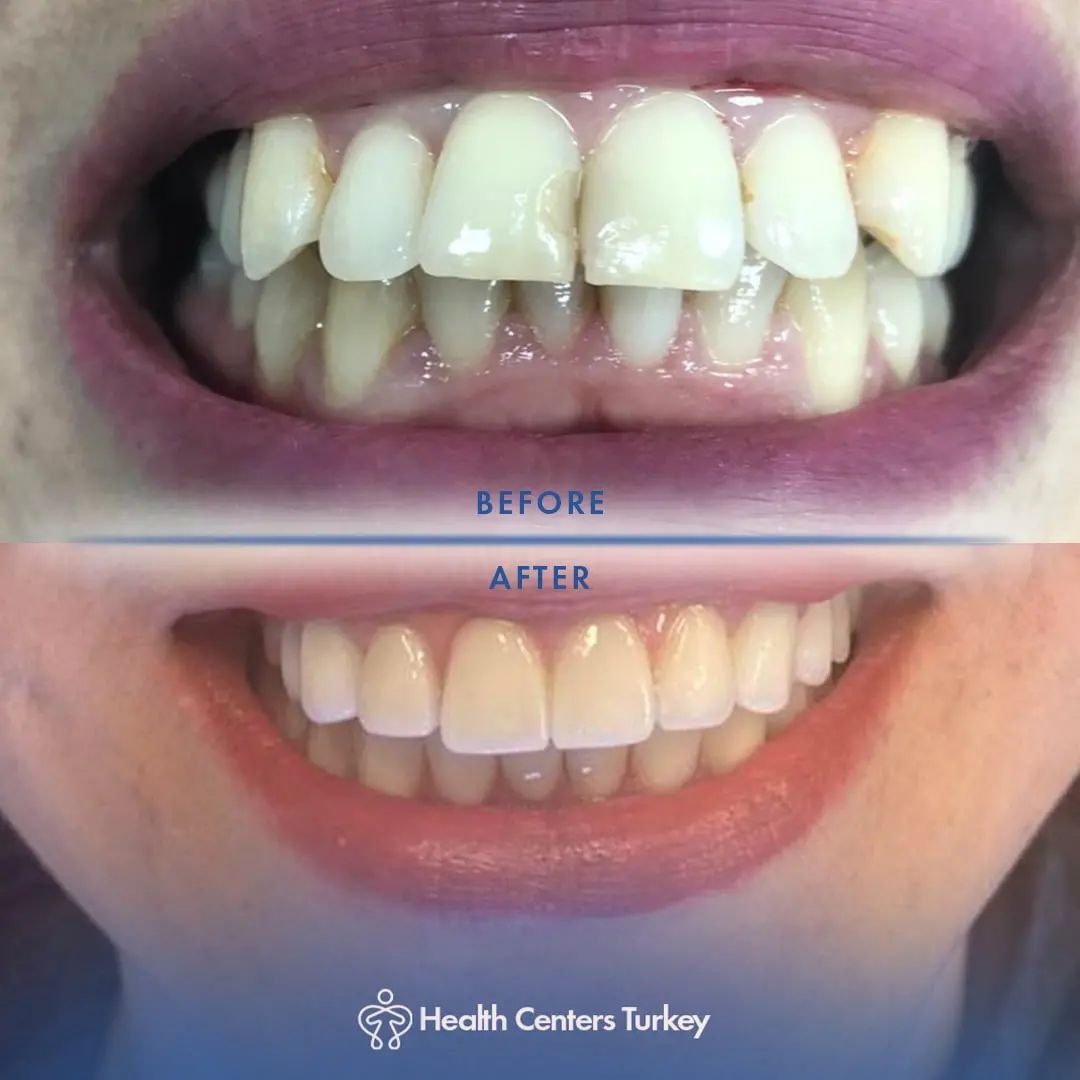Your Destination for Quality Dental Care at Affordable Prices

Dental implants have turn into a focal point in fashionable dentistry, providing a reliable resolution for those going through tooth loss. Among the a number of advantages they offer, one important facet price considering is their impression on adjacent teeth. Understanding how dental implants affect surrounding teeth aids in making knowledgeable decisions about oral health.
When a tooth is lost, neighboring teeth can simply shift toward the area left behind. This motion can lead to misalignment, which compromises the general bite and performance of the mouth. Dental implants mimic natural tooth roots, thereby sustaining the position of adjacent teeth.
Highly Rated Dental Treatments for International Patients in Turkey
The stability offered by an implant is essential, as it helps in preserving not simply the physical alignment but in addition the structural integrity of the jawbone. When a tooth is missing, the underlying bone can begin to deteriorate due to lack of stimulation. An implant exerts stress on the bone throughout chewing, similar to a natural tooth, which promotes bone health.
In some instances, a bridge or partial denture may be considered as an alternative choice to implants. While these options could restore some performance, they can place further stress on neighboring teeth. Bridges normally require filing down the encompassing teeth to accommodate the anchors, thereby affecting their health over time. Dental implants, however, don't alter current teeth, making them a more conservative choice.
Create the Perfect Smile with Implants and Veneers
Hygiene turns into another critical issue when contemplating adjacent teeth in the context of implants. With dental implants, the individual can keep a daily hygiene routine much like natural teeth. Flossing and brushing across the implant are straightforward, ensuring that the gum tissue remains healthy and minimizing the danger of gum disease that would adversely affect adjacent teeth.
Moreover, the supplies utilized in dental implants are biocompatible. This means they are designed to integrate well with the body, reducing the probabilities of an antagonistic reaction. This attribute not only makes the implant protected but in addition protects nearby teeth from potential issues that could arise as a result of contamination or infection.
In terms of aesthetics, dental implants supply a natural appear and feel, intently resembling original teeth. Adjacent teeth benefit from this aesthetic appeal as well. When an implant is placed, the surrounding gum tissue may be shaped to mimic natural contours, thereby enhancing the general appearance of the smile. This aesthetic issue can encourage people to spend cash on their oral care routines, benefiting both the implants and adjacent teeth in the long term.
Plan Your Dental Journey in Turkey
Another concern is the potential for gum disease, which can affect the health of adjacent teeth. Gum disease can happen when plaque builds up round teeth and implants. Regular dental visits and applicable oral hygiene can mitigate this concern. The presence of implants also can serve as a motivator for better dental hygiene practices, as individuals become extra aware of maintaining their general mouth health.
Studies have shown that dental implants can contribute to a major improvement in quality of life. Patients typically experience increased confidence and are much less hesitant to smile or have interaction in social interactions. A healthy and well-maintained smile indirectly promotes higher care for adjacent teeth, as people are inclined to become more aware of their general oral hygiene.
One often-overlooked aspect is the psychological impact of dental implants on sufferers. Knowing that implants provide long-term solutions can ease the nervousness associated with tooth loss. With fewer worries about future tooth shifts, sufferers are more likely to make investments time and effort into caring for their teeth, which incorporates adjacent teeth.
In conclusion, dental implants serve as greater than only a answer for missing teeth; they play a pivotal role in sustaining the health pop over to this web-site and integrity of adjacent teeth. From stopping misalignment to promoting gum health and enhancing aesthetics, the advantages are manifold. By opting for implants, people cannot solely restore performance but also foster a more healthy oral environment for surrounding teeth. The psychological and aesthetic advantages further contribute to an overall enhanced quality of life.
Adult-friendly Oral Care Facilities in Turkey
In the long run, understanding how dental implants have an result on adjacent teeth can guide individuals in making empowered selections relating to their dental health. The integration of those implants into the mouth acts as a stabilizing force, safeguarding each the physical alignment and functionality of neighboring teeth, whereas promoting a long-lasting, wholesome smile.
- Dental implants typically do not exert stress on adjacent teeth, maintaining their integrity and decreasing the chance of shifting or misalignment.
- The placement of an implant often encourages higher oral hygiene habits, positively influencing the health of adjacent teeth through improved cleaning practices.
Reach Your Best Smile with Advanced Dental Solutions in Turkey
- In some cases, dental implants can stimulate the encompassing bone, which helps protect the natural teeth's position and total dental structure.

- The gap left by missing teeth can result in bone loss; dental implants can prevent this, thereby defending adjacent teeth from potential complications.
- Budget-friendly Dental Care Packages in Turkey including Implants and Cosmetic Dentistry
Smile Makeover Services Available in Turkey
- By restoring the perform of a missing tooth, implants help distribute chunk forces evenly, reducing put on and stress on neighboring teeth.

- Properly placed dental implants can act as a support structure, preventing unwanted motion of adjacent teeth ensuing from tooth loss.
- The presence of an implant could improve the aesthetic appearance of surrounding teeth by filling in gaps and supporting facial structure.
Cosmetic Dentistry Services Available in Turkey
- Dental implants remove the necessity for adjacent teeth alteration, in distinction to bridges, which require reshaping the nearby teeth for support.
- Implants also reduce the chance of gum disease compared to different tooth replacement options, indirectly benefiting adjacent teeth by selling general oral health.
Transform A Smile with State-of-the-Art Dental Solutions.
- Long-term success of dental implants is linked to the health of surrounding teeth, emphasizing the importance of regular dental check-ups and maintenance.
How do dental implants have an effect on adjacent teeth?
Enhance Your Well-Being through Comprehensive Dental Services
What are dental implants and how do they work with adjacent teeth?undefinedDental implants are artificial tooth roots placed into the jawbone to assist replacement teeth. They don’t affect adjacent teeth immediately, as they are independent constructions. Instead, they may help keep the integrity of surrounding teeth by preventing bone loss.
Can dental implants trigger harm to adjacent teeth?undefinedIf placed correctly, dental implants mustn't hurt adjacent teeth. However, improper placement can lead to issues like misalignment or pressure, emphasizing the importance of choosing an skilled dental professional.
Will dental implants promote bone growth round adjacent teeth?undefinedYes, dental implants help stimulate the jawbone, which can encourage bone development. This can benefit adjacent teeth by maintaining bone density and stability within the area.
Remarkable Dental Care Experiences for Foreign Patients
Should I worry about gum disease affecting adjacent teeth after getting an implant?undefinedGood oral hygiene is essential after getting an implant. Gum disease can still affect adjacent teeth, however a properly maintained implant does not enhance that risk. Regular dental visits might help monitor and maintain gum health.
What occurs to adjacent teeth if I lose a dental implant?undefinedIf a dental implant fails or is misplaced, adjacent teeth may shift as a outcome of modifications in bite alignment and assist structure. This could result in misalignment or further tooth loss if not addressed.
Are there any particular care necessities for adjacent teeth after getting implants?undefinedMaintaining good oral hygiene practices, including common brushing, flossing, and dental check-ups, is important for each dental implants and adjacent teeth to stop decay and gum disease.
Prioritize Your Oral Health with Affordable Options in Turkey
Do dental implants assist help adjacent teeth when chewing?undefinedAbsolutely. Implants can improve general bite operate, which can alleviate stress on adjacent teeth throughout chewing. This can lead to higher distribution of forces, promoting oral health.
How can I this page prevent issues with adjacent teeth and implants?undefinedConsistent dental care, including skilled cleanings and examinations, regular brushing and flossing, and following your dentist’s aftercare directions, are key to preventing issues.
Can adjacent teeth move if I have a dental implant?undefinedAdjacent teeth may transfer if they are not well-supported, especially after tooth loss. A dental implant helps keep the structure, reducing the danger of shifting teeth.